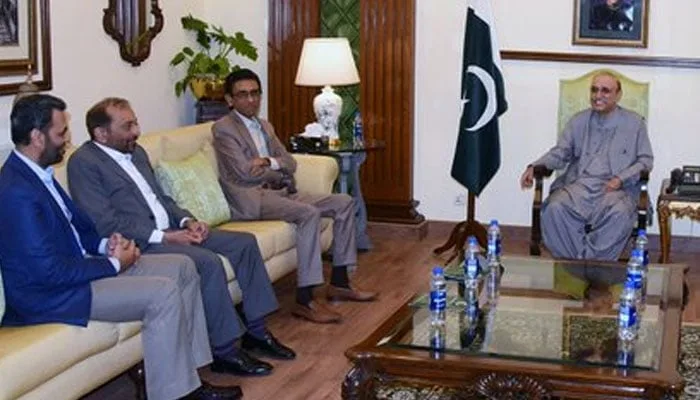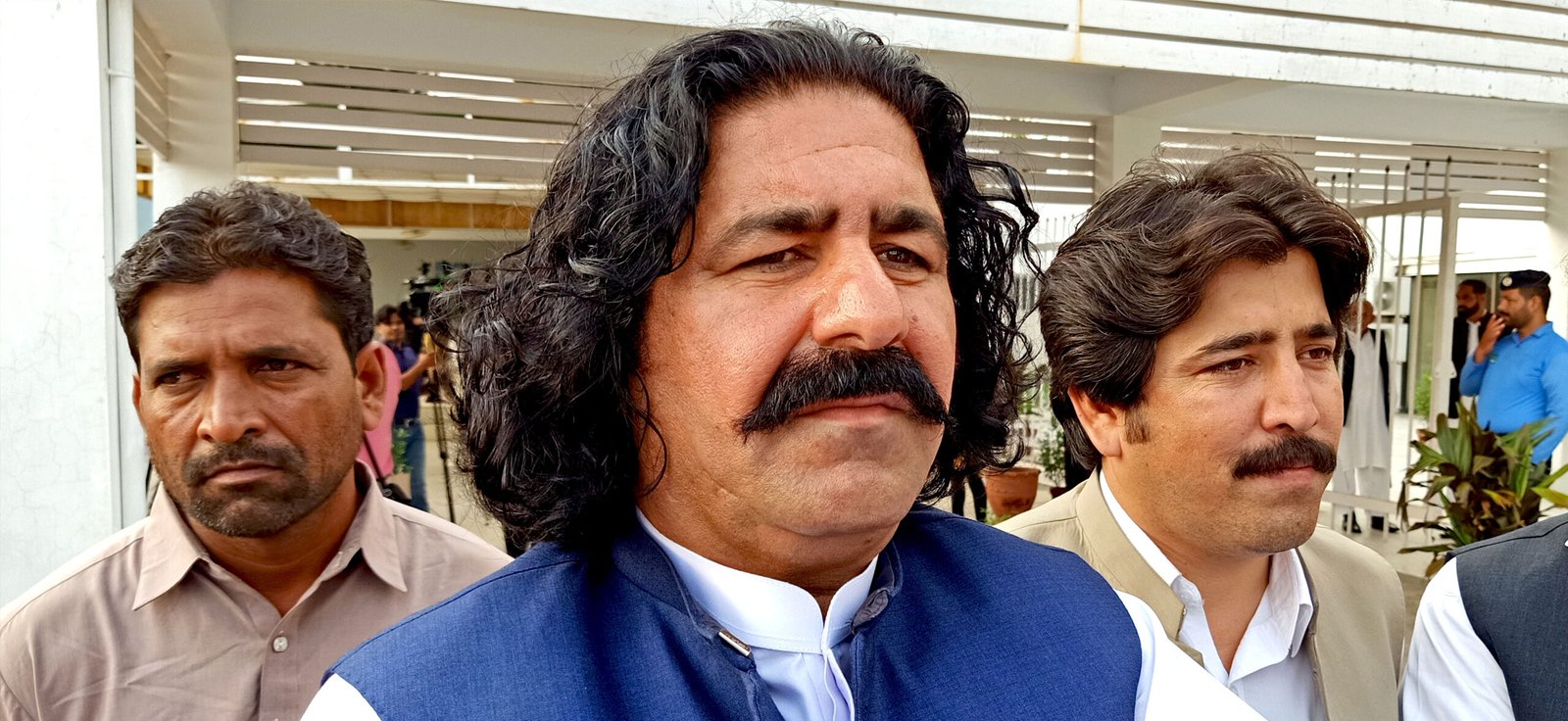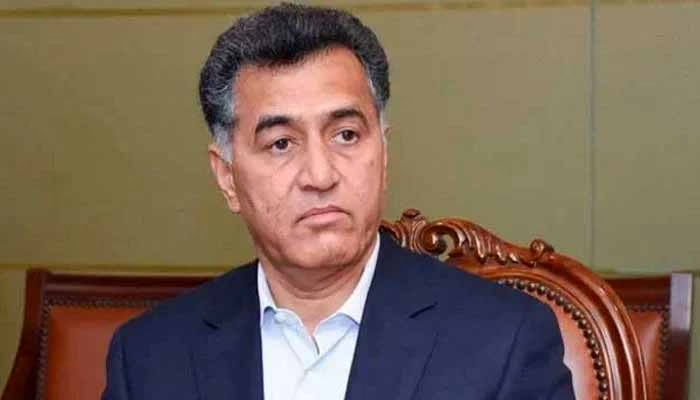The recent meeting between a delegation of the Muttahida Qaumi Movement (MQM) and President Asif Ali Zardari has revealed significant developments in political dynamics and strategies within Pakistan. Led by convener Khalid Maqbool Siddiqui, the MQM delegation, which included prominent figures like Dr. Farooq Sattar and Mustafa Kamal, engaged in discussions aimed at addressing pressing issues, particularly the surge in street crime in Karachi.
According to MQM sources, the meeting marked a pivotal moment in the relationship between the MQM and the Pakistan Peoples Party (PPP), resolving a previous deadlock and signaling a shift in MQM’s approach following recent interactions with the Pakistan Muslim League-Nawaz (PML-N).
The discussions with President Zardari focused on fostering collaboration between the MQM and PPP in serving the nation. Both parties expressed a shared commitment to addressing the challenges facing Karachi, with particular emphasis on combating street crime. The MQM delegation underscored the urgency of implementing effective measures to ensure public safety and restore order in the city.
In light of the evolving political landscape, the MQM intends to engage in dialogue with various political entities, demonstrating a willingness to address public concerns and advance collective interests. This strategic shift reflects the MQM’s recognition of the need for broader cooperation and consensus-building to address complex societal issues.
Furthermore, MQM sources expressed a degree of bewilderment regarding the stance of the Pakistan Muslim League-Nawaz (PML-N), suggesting a divergence in political attitudes and approaches. This sentiment hints at a potential realignment of alliances and priorities within the Pakistani political arena, as parties reassess their strategies and alliances in response to evolving challenges and opportunities.
The meeting between the MQM delegation and President Zardari signifies a significant step towards fostering political unity and collaboration in addressing critical issues facing Karachi and the nation at large. It underscores the importance of constructive engagement and dialogue in navigating complex socio-political dynamics and working towards the common goal of national progress and prosperity.



